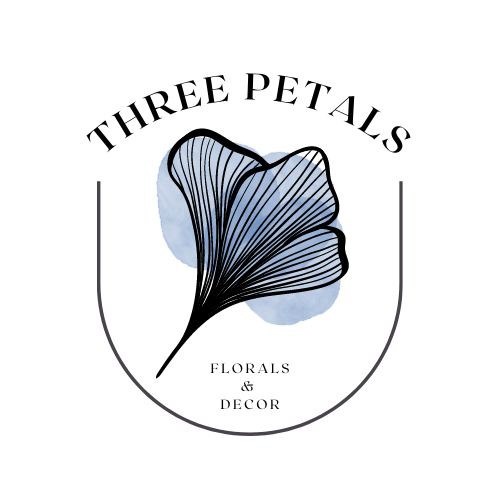🌿 The Ultimate Guide: How Gardening Improves Mental Health & Reduces Stress
In our fast-paced, screen-saturated world, finding calm and clarity can feel impossible. But what if your healing could start right outside your door—with your hands in the dirt and the sun on your face?
Gardening isn’t just about growing flowers or vegetables—it’s a science-backed way to reduce stress, improve your mood, and reconnect with yourself. Whether you’re planting petunias in pots or pulling weeds in your backyard, gardening may be one of the most powerful forms of self-care you’ll ever try.
Let’s dig into why.
🧠 The Science: Gardening and Mental Health
Several studies have confirmed that spending time gardening is linked to lower levels of anxiety, depression, and overall stress.
Why?
Gardening activates the parasympathetic nervous system—the “rest and digest” state that calms your body. Simply touching soil and being surrounded by plants can help reduce cortisol (your stress hormone) levels.
A few fascinating findings:
A 2017 meta-analysis found that gardening significantly reduced depression and anxiety across multiple age groups.
Soil contains a natural antidepressant—a friendly bacterium called Mycobacterium vaccae—which increases serotonin levels when inhaled or absorbed through your skin.
Gardening encourages mindfulness, similar to meditation, without the pressure of sitting still.
🪴 Gardening as a Form of Mindfulness
When you're gardening, you're in the moment: noticing textures, colors, smells, and sounds. This quiet focus helps:
Reduce racing thoughts
Improve mental clarity
Anchor you to the present moment
Pulling weeds, pruning, or planting are rhythmic tasks that ground you. Unlike your phone or TV, a garden doesn’t ask anything of you—except to show up and grow with it.
“When my hands are in the soil, the noise in my head fades away.” — Anonymous gardener from a recent case study
🧘♀️ The Emotional Benefits of Gardening
It gives you something to care for.
Tending to a garden gives you a sense of purpose—and something to look forward to, even on tough days.
It helps you process emotions.
Spending time with plants can provide the space to reflect, grieve, or heal. Many people find they cry, breathe deeper, or release emotional tension while gardening.
It boosts self-esteem.
Watching something flourish under your care reminds you: You are capable of growing something beautiful—even if you feel broken.
🌼 Real Stories: How Gardening Changed Lives
Case 1: Jennifer, 42, New Jersey
After losing her mom, Jennifer started a small memory garden filled with her mother’s favorite flowers. She says the act of digging, planting, and nurturing helped her move through grief and feel more connected.
Case 2: James, 29, California
Battling burnout and insomnia from his tech job, James started growing herbs in containers on his apartment balcony. Just 15 minutes a day brought calm, routine, and a better night’s sleep.
🛠 How to Create a Garden That Supports Your Mental Health
You don’t need a big yard or a green thumb. Here’s how to start:
🪴 Start Simple:
Grow one herb or flower in a pot on your porch or windowsill
Choose easy-care plants like mint, zinnias, or succulents
☀️ Connect to the Senses:
Choose fragrant plants (lavender, rosemary, basil)
Add texture with grasses or soft-leaf plants
Incorporate water features or wind chimes for calming sounds
⏳ Make It a Ritual:
Set a timer for 10–15 minutes a day
Put on music or listen to birdsong
Notice your breath as you work the soil
📲 Apps & Tools to Support Your Journey
Planta (reminders + plant care tips)
Headspace (for combining mindfulness & garden meditation)
Mood tracking journals (to see how you feel on gardening days)
🌿 Final Thoughts
Gardening is more than just a hobby. It's a lifeline—a slow, steady act of healing that meets you exactly where you are.
Even one pot of basil or a few minutes of weeding can reconnect you with yourself, your breath, and a deeper sense of calm.
So the next time you're feeling stressed or overwhelmed, step outside and plant something. You may just feel yourself grow, too.







